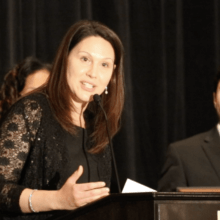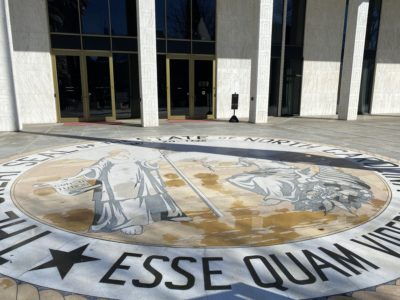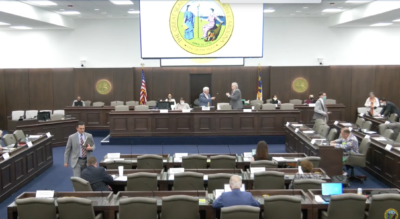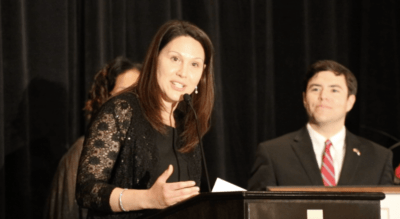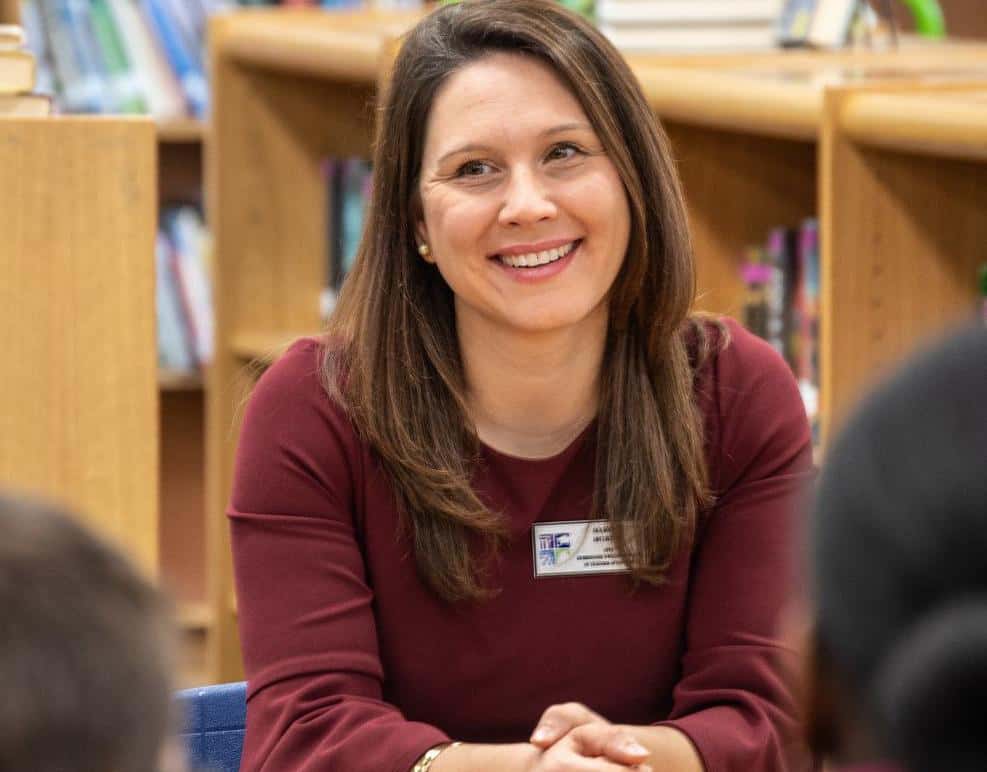

The following is a transcript of comments made by Mariah Morris, 2019 Burroughs Wellcome Fund North Carolina Teacher of the Year, during the State Board of Education meeting on May 13.
On Monday, we heard from Dr. Hull from NASBE and his words really resonated with me about how we’re living in this legacy moment where we have the time and resources to really reimagine our public education spaces.
He also called on the State Board of Education to understand our power of policy, the power of question, and the power to convene. And my comment today is going to focus on using the State Board’s collective voice to utilize the power to question.
I think Dr. Hull’s point about having this power to question really reminds me of the famous quote by Franklin D. Roosevelt, “Great power involves great responsibility.” And on this call and in this room lies great power.
In this legislative presentation by Freebird, we heard a lot about legislation that, if passed, is going to really directly impact our students’ and teachers’ daily lives in our public schools.
Two specific bills that will directly impact the day-to-day details of our teachers’ and students’ lives are House Bill 755, focusing on academic transparency, and House Bill 324, focusing on teachers’ approach to teaching about racism and sexism.
I ask that the Board pause and reflect on these two bill utilizing some of the details from Dr. Hull that he noted in his opening presentation. At the core of both of these bills reflects a distrust of our public school teachers. But I ask that we pause to stop and question these two bills and think about how the State Board can utilize a collective voice to either affirm or question these two pieces of legislation.
Dr. Hull notes that as a public Board, we have to use data and evidence to drive this power of question, and to that point I ask: Do we have data and evidence to suggest that teachers are engaging in indoctrination that needs to be checked by potential state law?
On the district voices tour that we’ve noted does an amazing job of getting out in the field, what examples of indoctrination are you all seeing that would lead to the support of these bills? On these tours, what conversations with teachers and school leaders have you heard that support the need for this legislation?
And I bring forth these questions because my public school experience that spans approximately 15 years leads me to believe that teachers instruct, we lead, we love, and we care for our students. But we don’t indoctrinate our children.
And I also find that teachers already disseminate information to parents and families through weekly newsletters, online learning platforms, open houses, curriculum nights, and many other ways. Our teachers are professionals who are trained and hold great professional expertise.
And I find these two bills to be counterproductive and directly challenge our Board’s strategic plan, and I ask us to utilize the power of questioning and the great responsibility in this room. And I ask you to hold the line for our public schools. Thank you.
Editor’s note: Mariah Morris serves on EducationNC’s Board of Directors.
